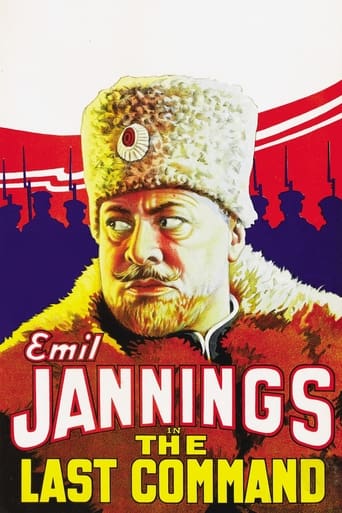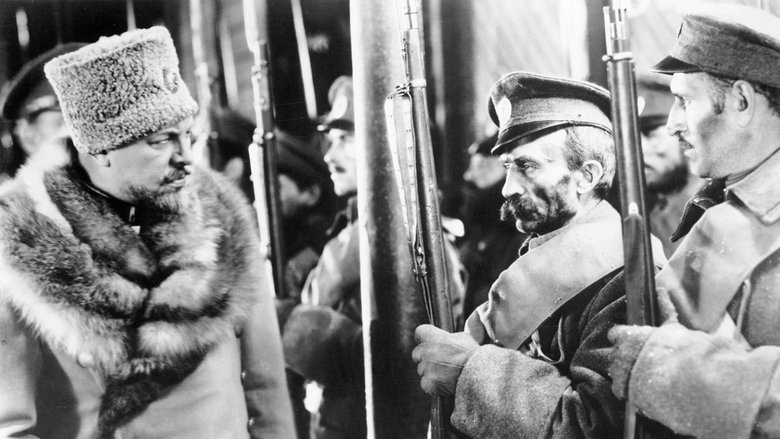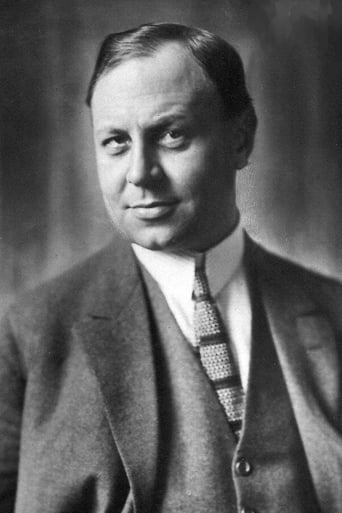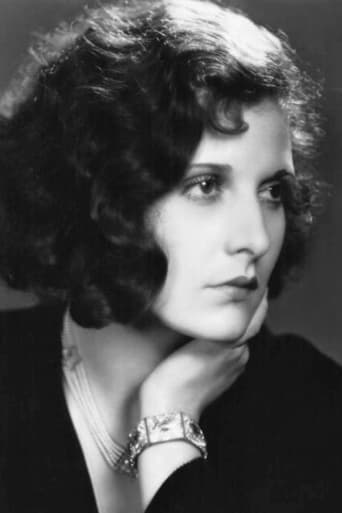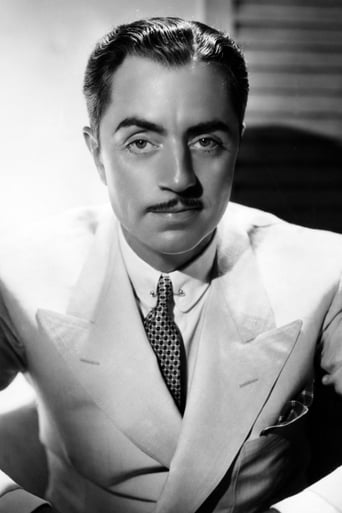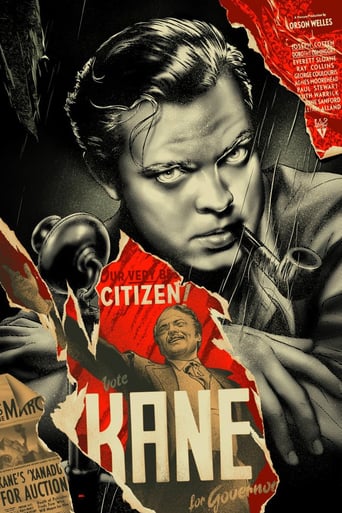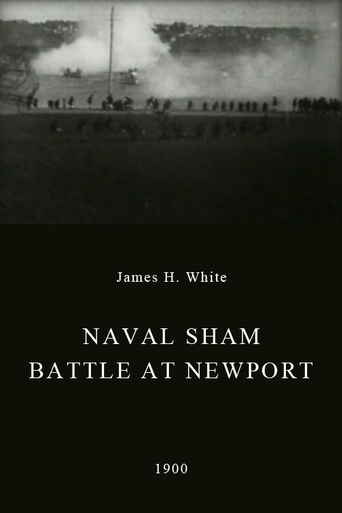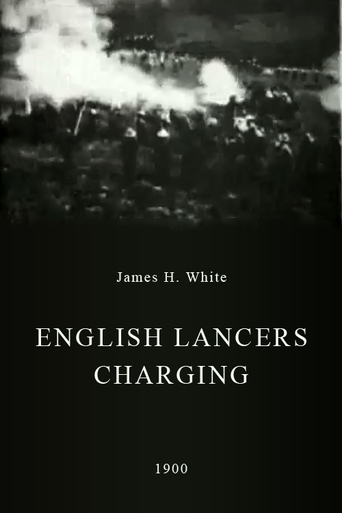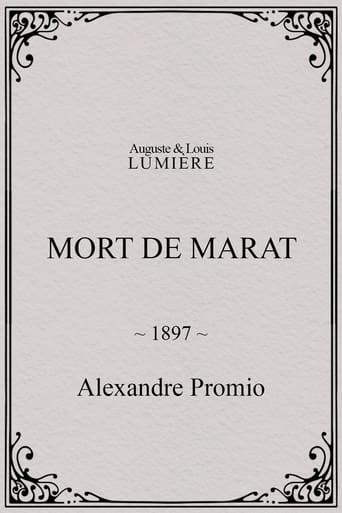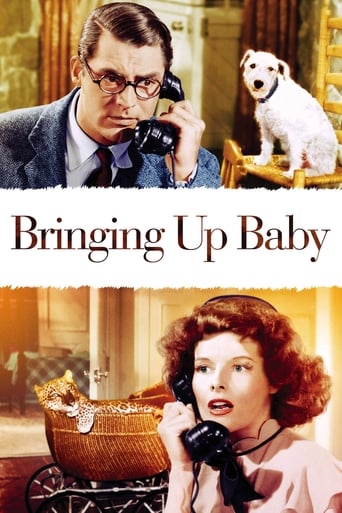The Last Command (1928)
A former Imperial Russian general and cousin of the Czar ends up in Hollywood as an extra in a movie directed by a former revolutionary.
Watch Trailer
Free Trial Channels
Cast


Similar titles
Reviews
A Disappointing Continuation
It’s an especially fun movie from a director and cast who are clearly having a good time allowing themselves to let loose.
This is one of the best movies I’ve seen in a very long time. You have to go and see this on the big screen.
The story, direction, characters, and writing/dialogue is akin to taking a tranquilizer shot to the neck, but everything else was so well done.
Emil Jannings (General Dolgorucki), Evelyn Brent (Natascha Dobrowa), William Powell (Leo Andreiev), Nicholas Soussanin (adjutant), Michael Visaroff (Serge, the valet), Jack Raymond (assistant director), Viacheslav Savitsky (private), Fritz Feld (revolutionist), Harry Semels (soldier), Alexander Ikonnikov, Nicholas Kobyliansky (drill- masters), Shep Houghton (Russian youth).Director: JOSEF VON STERNBERG. Screenplay: John F. Goodrich. Based on an original story by Lajos Biro and Josef von Sternberg (which was in turn based on a suggestion by Ernst Lubitsch). Titles: Herman J. Mankiewicz. Photography: Bert Glennon. Film editor: William Shea. Art director: Hans Dreier. Make-up: Fred C. Ryle. Technical adviser: Nicholas Kobyliansky. Production supervisor: J. G. Bachmann. Associate producer: B. P. Schulberg.Copyright 21 January 1928 by Paramount Famous Lasky Corp. Presented by Adolph Zukor and Jesse L. Lasky. New York opening at the Rialto, 22 January 1928. U.S. release: 21 January 1928. 9 reels. 8,154 feet. 90 minutes.SYNOPSIS: Former Russian general is reduced to working as an extra in Hollywood.NOTES: Academy Award, Best Actor, Emil Jannings (for this picture and The Way of All Flesh). Also nominated for Best Picture (Wings) and Original Story (Underworld).Number 3 in the Film Daily poll of U.S. film critics (after The Patriot and Sorrell and Son).COMMENT: One of the films that confirms Chaplin's observation that just as the Silent Cinema achieved maturity, it was thrown away. Von Sternberg's fluid direction is a joy to watch and his ironic story is concisely told with a minimum of sub-titles. Jannings deserved his Academy Award and is given excellent support, particularly by Brent and Visaroff.
Emil Jannings delivers a powerful performance while Josef Von Sternberg sums up the Bolshie's past and present a decade after the Russian Revolution in The Last Command. Far fetched at times it is filled with the rich imagery that informed the work of Von Sternberg in his prime while at Paramount.Former Imperialist Russian general under the czar Dolgorucki (Jannings) finds himself living in Hollywood making some meager money as an extra. Former revolutionary, now pampered tinsel town director Lev Andreyev (William Powell) sees his head shot and finds him a perfect fit to play what he once was. At a rambunctious casting call for extras the former general pulls out a decoration and reminisces in flashback of social upheaval and lost love.Jannings is simply outstanding as he transitions from his powerful position in Russia to a man with severe PTSD barely scraping by in LA. Conveying a tower of strength and authority in uniform with a dash of sex appeal to his dissolution as a nameless extra his performance never wavers or goes over the top in other noted performances as he had in The Last Laugh and would again in The Blue Angel. Evelyn Brent as a Red and love interest holds her own with Jannings even if the script pushing her conversion from cause to love does ring a little hollow. Their parting however is one of the most stunning in silent film history.Von Sternberg does not mince words about communists, he portrays them for the most part as drunken rioters bent on revenge. He also predates Joe McCarthy's Reds in Hollywood expose by twenty years with the firmly entrenched Andreyev holding court. Additionally he does a fine job of comparing the chaos of revolution with that of a Hollywood cattle call enabling Jannings to react and stretch across a spectrum of emotions in two dehumanizing environments. While the hook-up of polar opposites pushes plausibility and the finale tends to mawkishness the artistry of actor and director carry the day.
The last year of silent movies saw so many classics that old-timers of long ago thought that Hollywood had peaked. After all, in 1927 there was "Metropolis," "Sunrise," "The General," and "Napoleon." In 1928 there was "The Passion of Joan of Arc," "The Crowd," "Steamboat Bill, Jr." and "The Cameraman." Josef von Sternberg's drama, "The Last Command," certainly belongs to this group. The Austrian-born director's classic focuses on former Russian Grand Duke Sergius Alexander (Emil Jannings), who immigrated to the US following the Russian Revolution of 1917. In the movie, Hollywood director Lev Andreyev (William Powell) casts the ex-aristocrat as a general in creating a movie about the revolution of ten years earlier.A lengthy flashback, which occupies at least one-half of the film, shows the Grand Duke's high status as it was in 1917. The man was no less than the commander of the Russian armies on the Eastern Front in World War I. Then revolution breaks out, along with all of its chaos, which sets up professional and personal tragedies for the imperial general. Somehow he does manage to escape embattled Russia, winding up in Hollywood. Impoverished, he survives as an extra. The Hollywood director, Andreyev, was a former Russian revolutionary opposed to the conservative Czar Nicholas and former Grand Duke. In former times the latter had even struck the revolutionary and sent him to prison. Now, ironically, Sergius has to take orders – a last command – from the director! The movie was based upon real events, as a former Russian general named Theodore Lodigensky really did find some work in Hollywood after fleeing the Bolshevik uprising after World War I. Jannings is outstanding as the traumatized general – complete with a head-twitch – a tragic character who tumbled a long way down from his high perch and who eventually becomes insane. Thus he shows his range, from authoritativeness to infirmity to dignity. The Swiss-born actor would win the very first Academy Award for Best Actor (1927-1928). Evelyn Brent, who certainly passes as a Russian, is fair enough in the role of revolutionary Natalie Dabrova, lover of Andreyev who later falls for the ruined aristocrat. Finely cast is William Powell as the revenge-minded director of Electra Studios. Note how impeccable he appears in his light suit. Powell was made for sound movies, though, and not only would he easily make the transition from the silent screen era, but would also become a major star. Movie pluses are the well-constructed scenes of the cataclysmic revolution in Petrograd, which may have been powerful eye-openers for 1920s audiences. The Lionel trains are used in certain scenes, but they work well enough for the time. However, there are two instances where one can question the realism of the picture: (1) revolutionary Natalie's supposed falling in love of the Grand Duke (although he does love Russia) and (2) the last line, where the Bolshevik director proclaims, "He was more than a great actor, he was a great man." It is quite arduous to believe that a maligned Communist – with extreme political leanings – would make such a grand statement about the Czar's cousin and Grand Duke! Nonetheless the film is a good one.
Monday February 6, 7pm The Paramount, Seattle "From now on you are my prisoner of war -" "- and my prisoner of love."As the Russian revolution runs wild, a General in the Czar's army, Sergius Alexander (Emil Jannings) escapes execution with the help of a beautiful spy. Years later, a former revolutionist turned Hollywood movie director (William Powell) recognizes a head shot of the general, now a decrepit old man working as an extra, and plans his revenge.Directed by Josef von Sternberg, The Last Command (1928) was the highlight of Jannings' brief Hollywood career. Combined with his performance in The Way of All Flesh (1927), The Last Command received the first Academy Award for best actor in a leading role. Screenwriter Lajos Biró was nominated for best original story. Evelyn Brent, previously featured in von Sternberg's Underworld (1927), stars as the lovely femme fatale Natalie in a complex, pivotal role.Inspired by the life of General Theodore Lodijensky, The Last Command features one extraordinary, unexpected shocker and a table-turning, earth-shaking finale.

